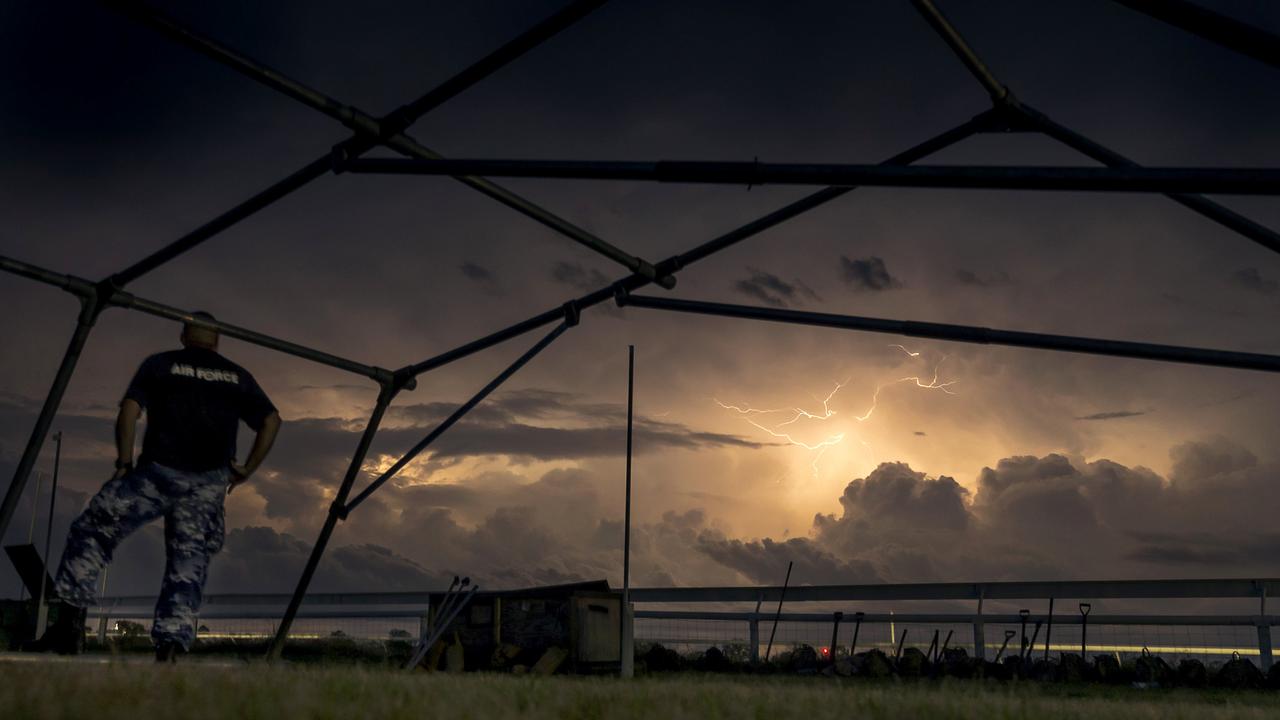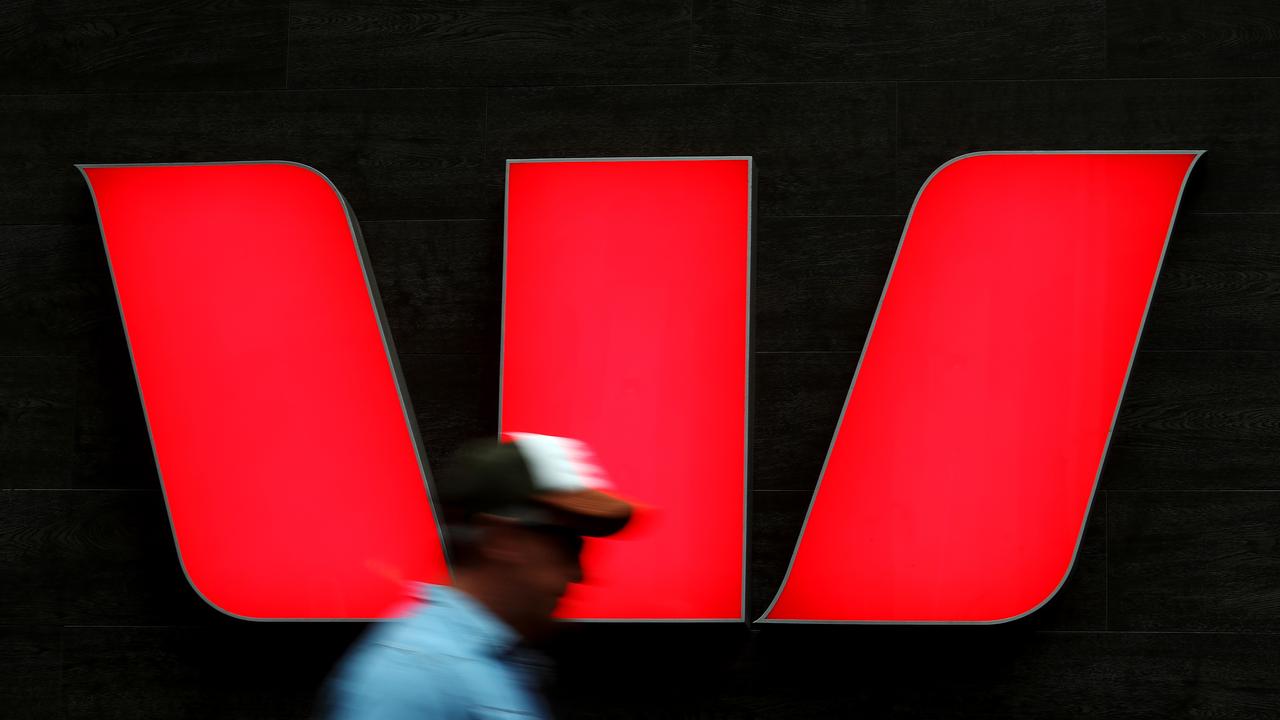Cutting through a Chinese trade minefield
Cutting through a Chinese trade minefield
The China Free Trade agreement is one of the most important agreements Australia has ever negotiated. But there are no certainties because the ALP’s main source of funding, the building unions, are opposed.
But irrespective of whether or not we have an agreement, the key to dealing with China is coping with Chinese state enterprises. It's complex and you can easily fall off the rails. Indeed, Chinese state-owned enterprises can be wild, and the amazing story of an Australian listed company that few have heard of -- Stonewall Resources -- illustrated what can happen.
The Stonewall story starts in South Africa where it is difficult to get the right exploration and mining approvals particularly when they are in the vague vicinity of the Kruger National Park. But a group of South African entrepreneurs managed this feat some years ago and put together a package of approved gold tenements and a plan to produce over 200,000 ounces of gold.
To help them, a series of Chinese investors backed the project on condition that it be listed in Australia. Accordingly, Stonewall Resources, including South African gold resources and mining rights, hit the Australian lists via the back door in 2012. At the time there was a gold boom.
Stonewall began preparing for its production and the shares traded at a levels that gave Stonewall a capitalisation of close to $100 million. There was great jubilation and excitement and former BHP executive Dave Murray became chairman in December 2012.
Perhaps with the encouragement of the Chinese entrepreneurs who had become big Stonewall shareholders, a Chinese state enterprise, Shandong Qixing Iron Tower (a listed offshoot of the Qixing Group), made a $US140m takeover bid for the Stonewall gold assets but not the listed company.
The directors and major shareholders of Stonewall enthusiastically embraced the bid because they were looking at a capital return of around 25 cents a share. But gaining approvals in South Africa, Australia and China took almost a year.
When finally the approval process had virtually ended, the gold boom was off the boil. Worse still, when the Chinese state enterprise, Shandong, was about to consummate the deal it came under investigation because of dealings by one or two of its directors which saw cash leave the state-owned enterprise in controversial circumstances. Shandong Qixing Iron Tower did not proceed because it was under investigation. Stonewall believes the deal was locked in and so what has followed has been a protracted dispute which is now before the Hong Kong International Arbitration Centre, whose rulings are enforceable in China by Chinese courts.
The hearings are due next March. But in the meantime the control of the state enterprise Shandong Qixing Iron Tower has passed to another state enterprise and its new owners are using Shandong Qixing to make a $US1 billion dollar takeover bid for a group known as Beixun Telecom.
But it seems that bid can’t proceed while there is a large outstanding claim against the Shandong state enterprise from its previous activities with Stonewall.
Meanwhile, Stonewall shares have been trashed because the company’s ambitious plans were put on hold awaiting the Shandon bid to be consummated. Stonewall is now proceeding with much smaller plans. The shares are down to around 1c and interests linked or friendly to Tasman Funds Management headed by Eric Zhang have acquired around a third of the company at low prices, including helping it raise capital.
Just how the tangle will be resolved is hard to determine and almost certainly the new shareholders who purchased at around 1c will have a different definition of any settlement value than those that bought in at high share prices. Meanwhile, just because you are dealing with a state-owned enterprise doesn’t mean that there won’t be strange goings on.


